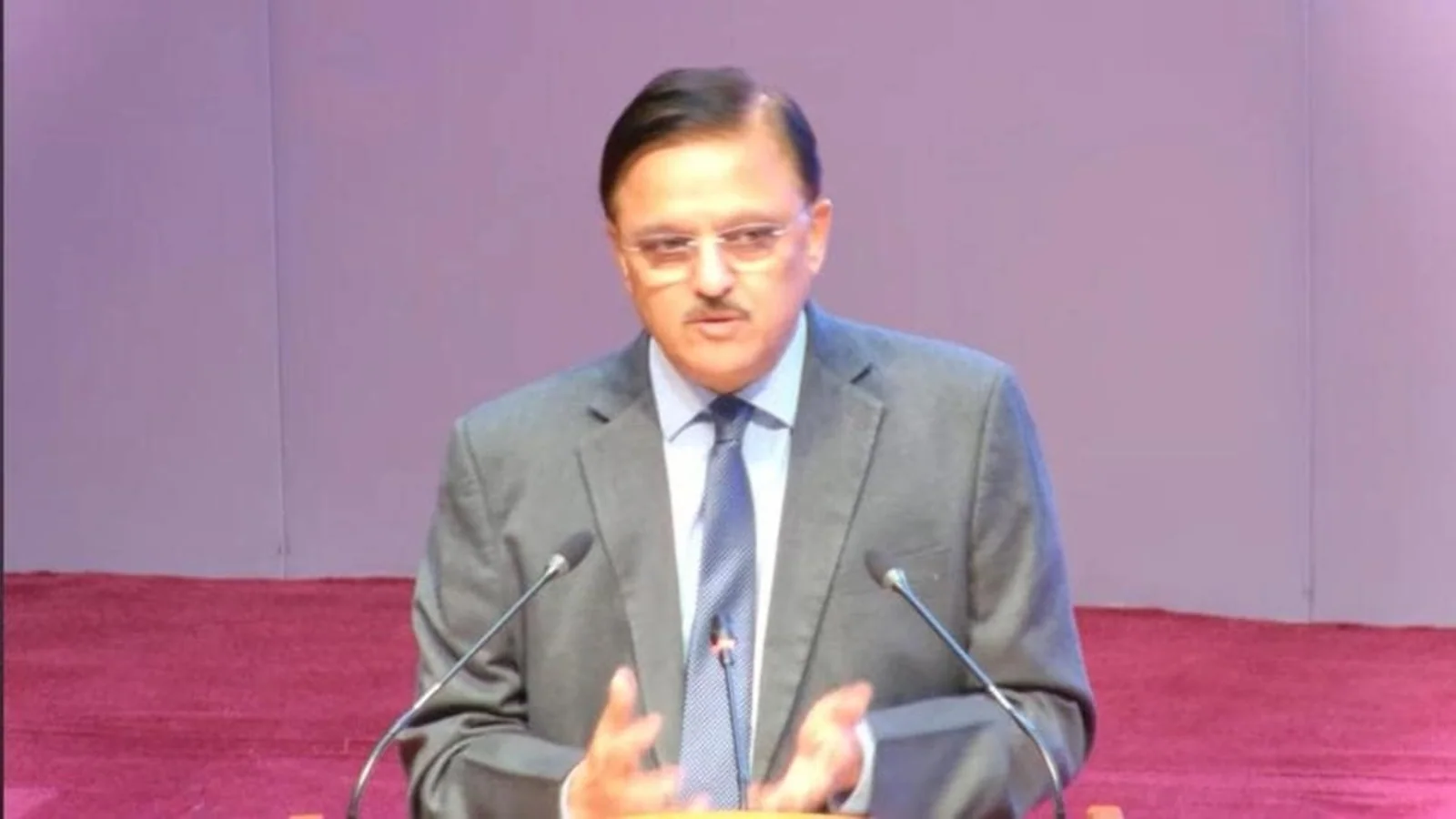
Shifting stray dog case after public criticism sent wrong signal: Justice Abhay Oka
How did your country report this? Share your view in the comments.
Diverging Reports Breakdown
Shifting stray dog case after public criticism sent wrong signal: Justice Abhay Oka
The stray dog matter should not have been taken away from justice JB Pardiwala’s bench, justice Abhay S Oka said in his first interview since retiring from the Supreme Court in May. “It is obvious that a chief justice cannot write to any bench asking them to modify an order’, he said. Justice Oka, who has served on benches delivering landmark judgments on liberty, pre-trial detention, and environmental protection, also spoke on the recent stay of the 2018 ruling that barred end-of-life vehicles from plying in Delhi. He retired from Supreme Court on May 24 after nearly four years on the bench, leaving behind a formidable legacy of nearly 350 judgments that were marked by a deep engagement with issues of environmental protection and procedural fairness. The remarks come in the backdrop of the controversy over justice Pardwala”s August 11 order on the mass capture and sheltering of stray dogs in Delhi and some adjoining districts.
He also underlined that “no chief justice can write to any bench asking them to modify an order”.
The remarks come in the backdrop of the controversy over justice Pardiwala’s August 11 order on the mass capture and sheltering of stray dogs in Delhi and some adjoining districts, which was later withdrawn from his bench and shifted to a larger bench by Chief Justice of India Bhushan R Gavai through an administrative order. The larger bench on August 22 modified the previous order, terming it “too harsh”. In another instance, CJI Gavai had written to justice Pardiwala urging the latter to modify the August 4 directive that barred an Allahabad high court judge from hearing any criminal cases for the remainder of his tenure.
Justice Oka clarified that while benches can always recall or modify their orders by re-listing cases and hearing parties afresh, “it is obvious that a chief justice cannot write to any bench asking them to modify an order”.
On the reconstitution of benches, he was categorical that if the Supreme Court felt the need to refer the stray dog case to a larger bench, the composition should have been an expansion of the original two-judge bench. “If it had to be transferred to a larger bench, the same bench could have been continued and one more judge could have been added,” said justice Oka, noting that removing the original judge was not correct in principle.
Justice Oka, who has served on benches delivering landmark judgments on liberty, pre-trial detention, and environmental protection, also spoke on the recent stay of the 2018 ruling that barred end-of-life vehicles from plying in Delhi. “In 2018, orders were issued by the court after several factors were considered, so courts should have been slow in staying that order,” he said. Calling it an interim development, he added that environmentalists should now approach the court afresh before pollution levels spike later this year.
Reflecting on systemic issues, justice Oka said the Supreme Court should adopt a fixed roster system like the high courts to reduce discretion in case assignment. He noted that in the apex court, registries enjoy wide latitude in listing matters, which in practice gives the chief justice significant discretion — unlike in high courts where rosters are fixed, alternatives are specified, and manual intervention is minimal.
Justice Oka welcomed CJI Gavai’s recent statement that he is the “first among equals” but stressed that important administrative decisions must be taken collectively by all judges. “Such decisions should be taken by a full court because when we say ‘Supreme Court’ on the administrative side, it normally means the full court,” he added.
Justice Oka retired from the Supreme Court on May 24 after nearly four years on the bench, leaving behind a formidable legacy of nearly 350 judgments that were marked by a deep engagement with issues of environmental protection, free speech and procedural fairness.
Among his many landmark rulings, justice Oka stood out for strengthening procedural safeguards under stringent laws such as the Prevention of Money Laundering Act (PMLA) and the Unlawful Activities (Prevention) Act (UAPA). In a series of judgments, he limited investigative overreach by agencies such as the Enforcement Directorate. His orders on air pollution were equally transformative, from enforcing the permanent ban on firecrackers to directing pre-emptive application of the Graded Response Action Plan in Delhi and NCR.
On free speech, his striking down of criminal proceedings against Congress lawmaker Imran Pratapgarhi underscored his conviction that literature, satire and art enrich democratic life and must be fiercely protected.
